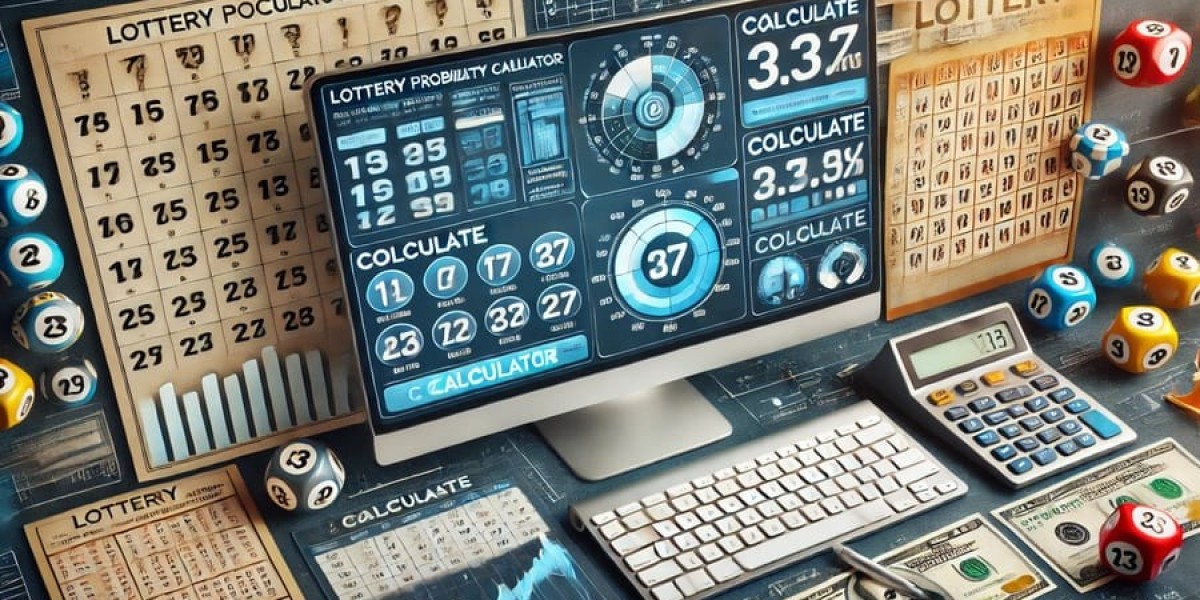Delving into the psychology of why players are drawn to pattern recognition in Lotto Statistics reveals fascinating insights. Cognitive biases often lead individuals to see patterns in random knowledge, a phenomenon often known as Pareidolia—where one perceives familiar shapes in randomness. This cognitive inclination means that players may unconsciously consider there's a method to the randomness of lottery numbers. Furthermore, the feeling of control can enhance a participant's overall experience. By looking for patterns, players really feel empowered in their choices, regardless of the inherent odds of the lottery. This psychological aspect can invigorate engagement with the sport, providing each enjoyment and a sense of company over their luck. Understanding this psychological angle can help in crafting lottery methods that not only enhance chances but additionally enrich the general experience.
Examining profitable claims can provide insights into how winners navigated the complexities of ticket expiration. For occasion, a fortunate participant from Florida gained a $5 million Lotto Number Generator prize in 2021 and promptly used social media and native news shops to announce their ticket number, guaranteeing other players double-check their tickets. This method not solely amplified their pleasure but in addition served as a reminder to others about the significance of checking expiration dates. Such successful claims highlight the need of awareness and neighborhood engagement when coping with lotteries.
Understanding Lotto Winning Probability ticket expiration isn't just about preventing losses; it’s about enhancing your total lottery experience. By being conscious of expiration insurance policies, monitoring tickets effectively, and actively participating in discussions about regulations, gamers can considerably improve their odds of enjoying the rewards of their investments. Additionally, maintaining a proactive mindset towards profitable and managing funds correctly can lead to a more advantageous participation in the lottery. So, the next time you purchase a Lotto Statistics ticket, bear in mind to maintain a detailed eye on its expiration date — it could be the key to unlocking a lifetime of financial freedom.
Educational efforts informing players about the odds and mechanics of the game can also mitigate misconceptions surrounding rigging. The more knowledgeable players are, the much less probably they'll really feel deceived and disenchanted with lottery methods.
Statistical methodologies can offer profound insights into lotto video games. One strategy involves using likelihood theories in combination with historic knowledge. By analyzing earlier draws, players can calculate the chance of sure numbers appearing over a specific period. For instance, if a number has not appeared in a lengthy timeframe, players might calculate its chance of coming up within the next draw based mostly on past frequency developments. Additionally, many make the most of software instruments that employ algorithms to research huge amounts of lottery knowledge. These tools can establish recurring patterns that might not be instantly visible to the bare eye. This data-driven strategy not solely enhances the participant's knowledge base but additionally helps refine their number-selection tactics.
Legislation regarding lotto ticket expiration is regularly evolving. In response to the growing concern of unclaimed prizes, a quantity of states have initiated discussions on extending expiration intervals. For example, states like Massachusetts and New York have adjusted their insurance policies recently to supply longer claim durations for bigger jackpot winners. Players should stay informed about modifications in rules and advocate for more player-friendly insurance policies. Engaging with local officers and lottery commissions can facilitate optimistic modifications and be positive that players are given fair alternatives to claim winnings.
Pattern recognition plays a crucial position in lottery games, as gamers try and establish tendencies from previous results. Many consider that by studying these patterns, they will predict future outcomes. This belief is grounded in the idea that lotteries, while basically random, may exhibit certain tendencies over time. For instance, gamers typically look for hot numbers—those that appear regularly over a particular timeframe—as well as chilly numbers, which are those that haven't been drawn for a while. Understanding the distinction between these patterns is essential for creating a method that resonates with individual players. Fascinatingly, some gamers even devise their unique systems based on personal insights or statistical analyses, lending a psychological layer to the choice process.
Throughout historical past, there have been a quantity of high-profile cases associated to lotteries that have influenced public perception. Take the Nineteen Eighties fraud case involving the "Big Game" lottery within the United States when a gaggle of con artists employed physical intervention during the drawing course of to secure a profitable ticket. Such occasions trigger alarm and skepticism among the public, resulting in questions in regards to the legitimacy of lotteries as a complete.
探す
人気の投稿
-
 신뢰할 수 있는 토토사이트 찾기: 먹튀검증의 중요성
신뢰할 수 있는 토토사이트 찾기: 먹튀검증의 중요성
-
 The Little-Known Benefits To Mini Freezer Uk
The Little-Known Benefits To Mini Freezer Uk
-
 Power Players and Religious Police: The Fate of Sports Betting in Nigeria
Power Players and Religious Police: The Fate of Sports Betting in Nigeria
-
 Does Aviator Betting Lead to Riches: Betting Methods and Profitable Methods
Does Aviator Betting Lead to Riches: Betting Methods and Profitable Methods
-
 15 Pinterest Boards That Are The Best Of All Time About Address Collection Site
15 Pinterest Boards That Are The Best Of All Time About Address Collection Site



